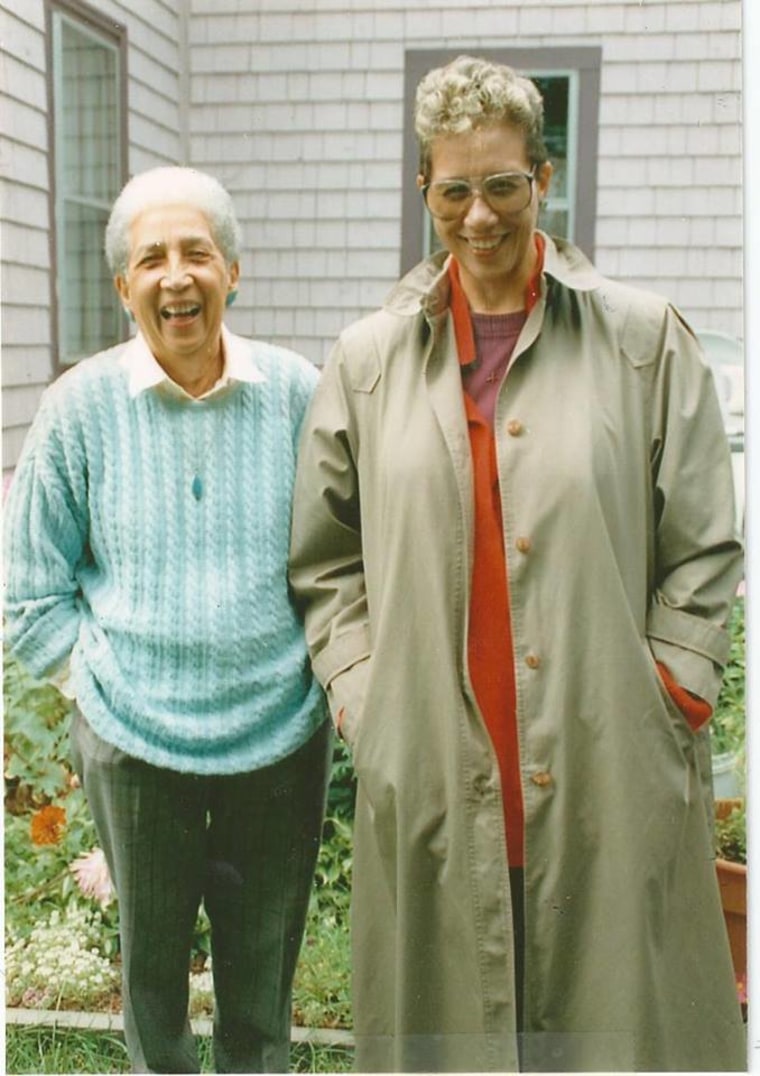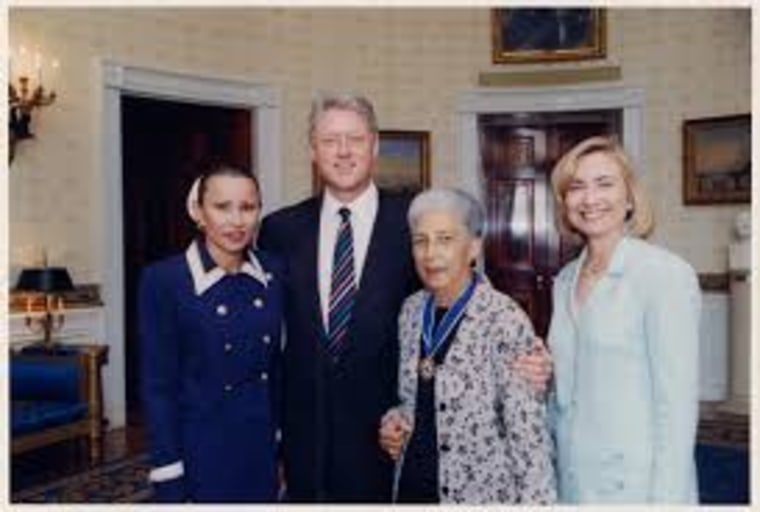Under the slogan “one nation, many voices” the Puerto Rican Day Parade on Sunday, June 12 will recognize family unity, marriage equality and LGBT rights, a milestone that speaks volumes about the progress this community has achieved.
The parade in June, which is also Pride Month, will honor a series of LGBT Puerto Ricans or allies who have made outstanding contributions to this movement or the country. Among them will be a posthumous recognition to ASPIRA founder Antonia Pantoja and her lifelong partner, Wilhelmina Perry.

Antonia Pantoja was a trailblazer whose dedication to improving the lives of young Latinos earned her national recognition. She received the Presidential Medal of Freedom from former president Bill Clinton and became the first Puerto Rican to receive such an honor. She founded ASPIRA in 1961 to advance Puerto Rican and Latino youth; today the organization is one of the largest and oldest institutions nationwide dedicated to youth leadership, serving nearly half million youth.
While reflecting on her 30-year relationship with the late Latina pioneer Antonia Pantoja, Wilhelmina Perry, 80, said she regrets they did not have the opportunity to get married.
The Supreme Court made same-sex marriage legal a year ago, in June of 2015, but Pantoja died in 2002.
“People who knew us, knew that that was love, loving, respectful relationship,” Perry said.
Both Pantoja and Perry earned Master’s degrees in social work and dedicated their careers to improving the lives of thousands through community development. Their relationship not only is an example of the historically and broader relationship between the African-American and Puerto Rican community, but more than anything, a testament of true love.
In an interview, Perry reflected on their lives together and the significant moments they shared, such as the remarkable and historic moment when Pantoja received her medal at the White House in 1996.
After Pantoja’s death, Perry faced emotional and economic struggles surviving her partner without legal protections or benefits. “You just live in fear that you could lose,” she said.
Pantoja’s death symbolized the rupture of a lifelong relationship in which both were "completely attached to one another,” Perry said.
“I feel this is my life, guided by her, reinforced by the relationship with her, but this is my opportunity to have my life.” — Wilhelmina Perry
“While I was grieving I was walking around the city, really crying. I asked myself, if anyone asked me, did I have what it takes to say to them: 'I lost my partner, she was a woman?' Could you take any negative reaction? And I couldn’t”, Perry said.
Perry said she faced a period of solitude and depression in which she considered taking her own life.
As a result, Perry decided to return to her religious roots 50 years after she was raised in Pentecostal churches in Harlem, where her father was a pastor. It was in spirituality and activism where Perry found a new purpose to her life.
“I became increasingly aware through my activism in the LGBT community that churches were doing great harm to people, especially to young people who were disowned, thrown out of their homes,” she said. Perry became the chair of Riverside Church’s LGBT ministry in Harlem. Along with two other lesbians, she founded a city-wide interfaith task force to address the homelessness issue among LGBTQ youth.
The group told religious institutions it was their "Christian responsibility," said Perry, to open up their spaces to LGBTQ youth. A Williams Institute report found that as many as 40 percent of homeless youth identify as LGBTQ, and family rejection is the leading cause.

“Our organization was formed to say to LGBT people: you don’t have to abandon your faith,” said Perry, adding that it's important to "demystify" religion and integrate sexual orientation and faith.
Perry has also become involved in the fight for justice for the Transgender community.
Perry's active involvement in LGBT issues was not something she was doing previously with Pantoja. She explains the couple never took up LGBT activism since their work was primarily focused on youth issues, especially in disadvantaged communities. They also spent 13 years in the more conservative countryside in Puerto Rico.
“I feel this is my life, guided by her, reinforced by the relationship with her, but this is my opportunity to have my life,” she concluded.
This Saturday, the Puerto Rican Parade, in coordination with Center for Puerto Rican Studies and PR para Todos, will celebrate the first LGBT Ricans: El Encuentro. Wilhelmina Perry will be moderate a panel about LGBT people of Faith and allies at 2 p.m.